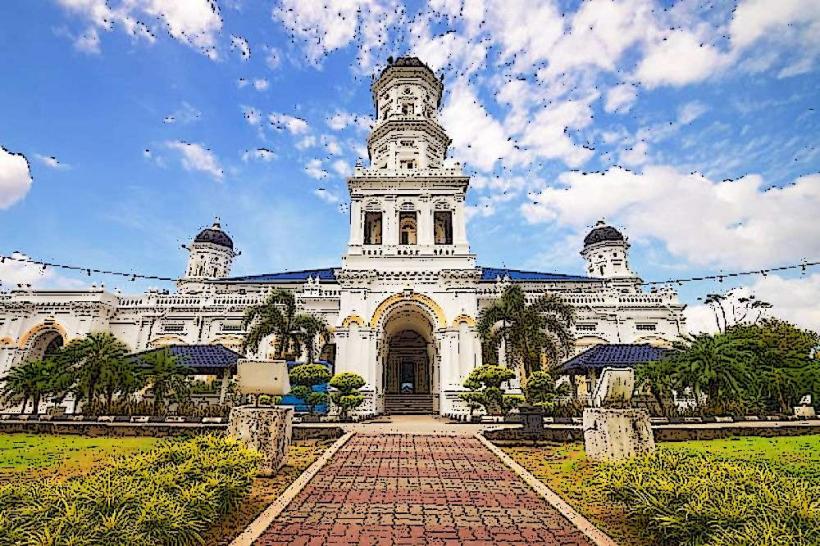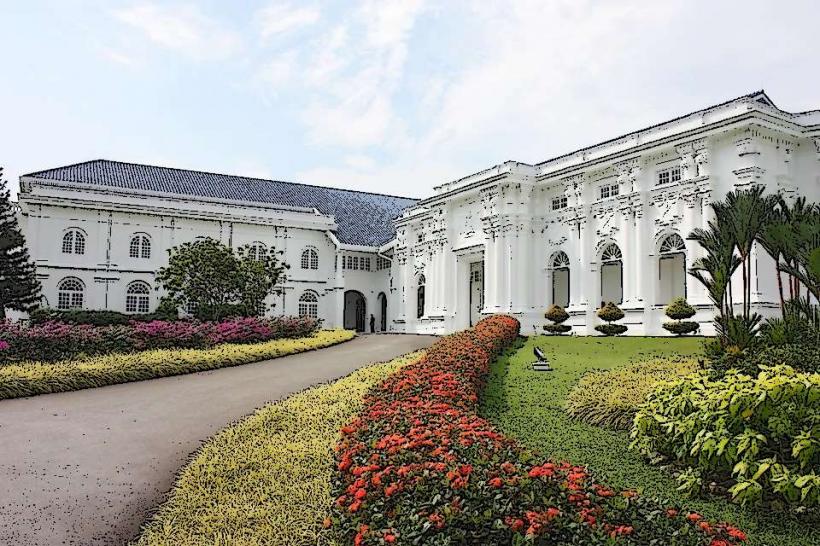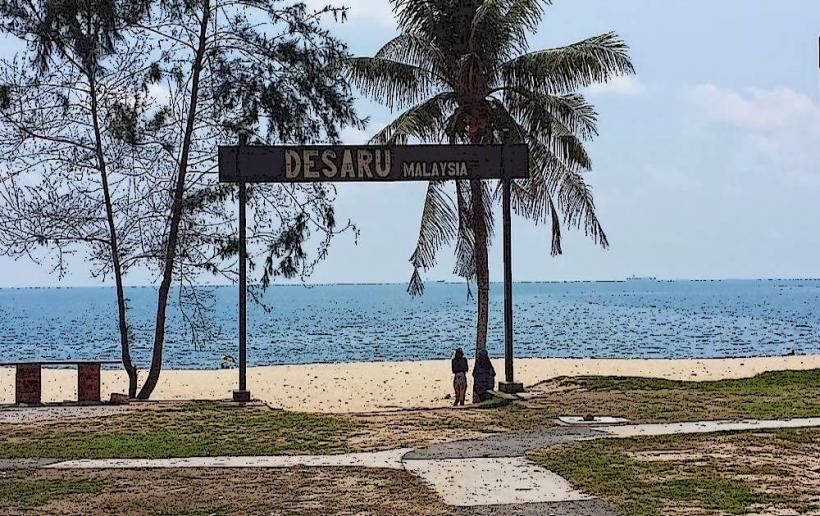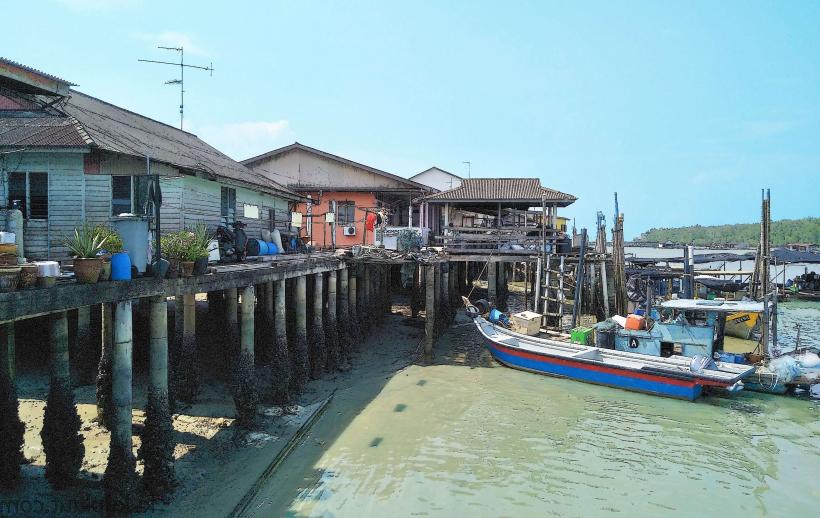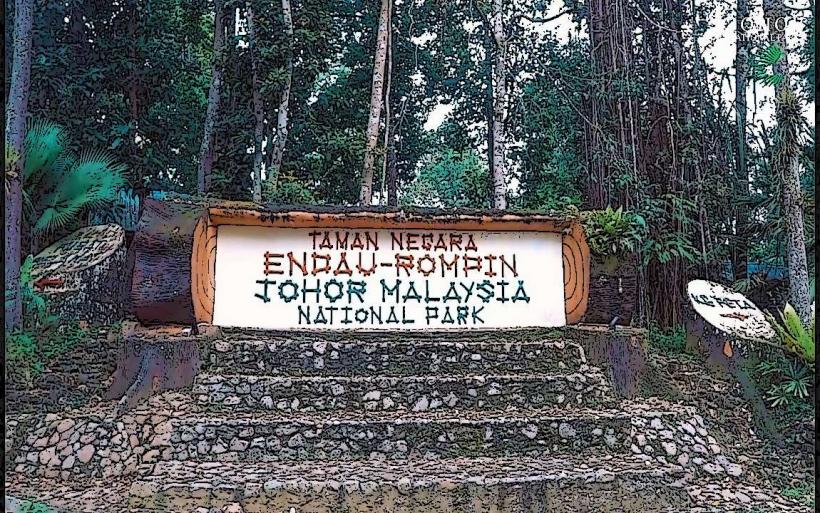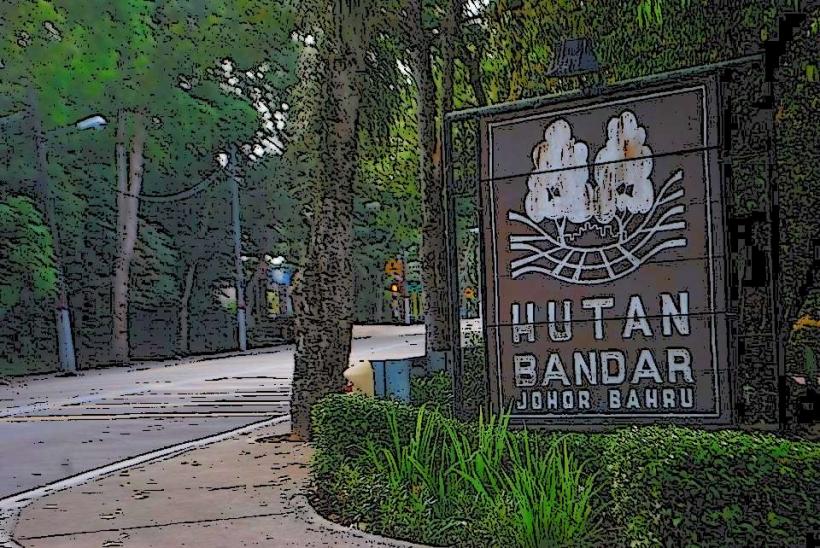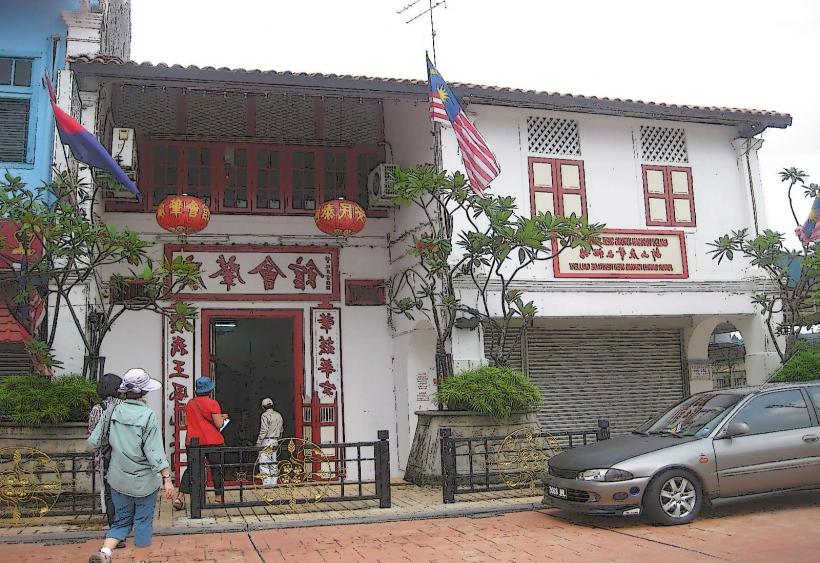Information
Landmark: Tanjung Piai National ParkCity: Johor Bahru
Country: Malaysia
Continent: Asia
Tanjung Piai National Park, Johor Bahru, Malaysia, Asia
Tanjung Piai National Park is a unique and important natural reserve located in the southernmost point of mainland Asia, in Johor, Malaysia. This park is known for its mangrove forests, wetlands, and diverse wildlife, making it a popular destination for nature lovers, birdwatchers, and eco-tourists. It holds both ecological and cultural significance, offering visitors a chance to explore one of the most biodiverse ecosystems in Southeast Asia.
Overview and Location
- Location: Tanjung Piai National Park is located in Tanjung Piai, Kota Tinggi District, in the southern part of Johor, Malaysia. It lies approximately 90 kilometers southeast of Johor Bahru and is part of the Johor National Parks network.
- Proximity to Major Cities:
- Johor Bahru: About 1.5 hours by car (approximately 90 km).
- Singapore: The park is also easily accessible from Singapore, as it is about 90 minutes' drive from the Tuas Checkpoint or Woodlands Checkpoint via the Second Link Expressway.
Ecological and Natural Significance
Tanjung Piai National Park is situated in the Straits of Malacca, and its ecosystem is predominantly composed of mangrove swamps and coastal wetlands, making it an important area for marine life and migratory birds. The park is recognized for its rich biodiversity and acts as a critical habitat for many endangered species and migratory birds.
Mangrove Forests:
- The park is home to one of the largest mangrove forests in the region. Mangrove trees thrive in the intertidal zones, and these forests play a crucial role in coastal protection, nutrient cycling, and biodiversity support. Mangroves help in stabilizing the coastline by reducing erosion and providing protection from storms and floods.
- The mangrove ecosystems in the park provide a unique opportunity for visitors to explore the coastal biodiversity and see the various species that thrive in the mangrove environment.
Biodiversity:
- Flora: Tanjung Piai National Park features a variety of plant species that are adapted to the saline and tidal conditions of the coastal environment. In addition to the mangrove trees, the park also contains other coastal plant species such as seagrass, salt-tolerant shrubs, and tidal plants.
- Fauna: The park is a haven for wildlife, including species like mudskippers, crabs, snakes, and monkeys. It is also an important habitat for marine life, such as fish, shrimps, and shellfish.
- Birdlife: Tanjung Piai is an important migratory bird hotspot. The park is part of the East Asia-Australasia Flyway, where thousands of migratory birds pass through every year. Birdwatchers can observe species such as herons, egrets, sandpipers, and kingfishers. It is a prime location for birdwatching, especially during the migratory seasons.
Marine Life:
- The coastal waters around the park are teeming with marine life, and visitors can spot various species of fish and aquatic creatures. The park's rich marine biodiversity makes it a prime location for marine conservation efforts and studies.
Attractions and Activities
Southernmost Tip of Mainland Asia:
- Tanjung Piai is famously known as the southernmost point of mainland Asia. There is a monument marking this geographical milestone, and it provides a great photo opportunity for visitors. The monument also serves as a symbolic representation of the park's unique location at the convergence of the South China Sea and the Straits of Malacca.
Boardwalks and Observation Towers:
- The park features a boardwalk system that allows visitors to explore the mangrove forests without disturbing the delicate ecosystem. The wooden walkways lead visitors through the park's tidal wetlands and mangrove areas, offering close-up views of the flora and fauna.
- The park also has observation towers where visitors can enjoy panoramic views of the mangroves and the surrounding coastline. These towers are perfect for birdwatching and spotting other wildlife in the park.
Eco-Tours and Guided Walks:
- Visitors can join guided eco-tours to learn more about the park's natural environment, its role in local ecosystems, and conservation efforts. The guides provide in-depth knowledge about the mangroves, wildlife, and the importance of preserving the area.
- Night Tours are also available, offering visitors a chance to explore the park at night and witness nocturnal creatures such as fiddler crabs, fireflies, and other mangrove-dwelling animals.
Wildlife Watching:
- Tanjung Piai is a great place for wildlife enthusiasts. Apart from birds, the park is home to various reptiles, mammals, and insects that can be observed throughout the park. The mudskippers and monitor lizards are particularly fascinating to see in their natural habitats.
Photography and Nature Observation:
- Nature lovers and photographers can enjoy taking photos of the scenic landscapes, wildlife, and sunsets in the park. The combination of mangrove forests, coastal views, and wildlife offers numerous opportunities for stunning photographs.
Visitor Facilities and Amenities
- Visitor Centre: The park has a visitor center where tourists can learn about the park's ecosystems, biodiversity, and conservation efforts. It also provides maps, educational materials, and information about tours and activities.
- Rest Areas: There are several rest areas and picnic spots throughout the park, where visitors can relax and enjoy the natural surroundings.
- Parking: Ample parking is available near the entrance of the park, making it convenient for visitors to access the park by car.
- Food and Drink: There are limited food outlets within the park, so visitors may want to bring their own snacks or plan to dine at nearby restaurants in Kota Tinggi or Johor Bahru.
Conservation and Environmental Importance
Tanjung Piai National Park plays a significant role in the conservation of coastal and marine ecosystems. As a designated protected area, it serves as a sanctuary for wildlife and a crucial research site for understanding the importance of mangrove forests in coastal protection and biodiversity conservation. The park is actively involved in eco-tourism and environmental education, promoting awareness about the importance of conserving natural habitats.
Access and Getting There
- By Car: Tanjung Piai National Park is accessible by car from Johor Bahru via the Second Link Expressway. The journey takes about 1.5 hours.
- By Public Transport: Public transport options such as buses or taxis are available to reach the park from Johor Bahru or nearby towns, but private transport is generally more convenient.
Best Time to Visit
- The best time to visit Tanjung Piai National Park is during the dry season, typically from March to September. This is when the weather is more pleasant, and the chances of rain are lower. The park is open year-round, but it's advisable to check weather conditions before visiting, especially if you plan on doing outdoor activities like eco-tours or wildlife watching.
Conclusion
Tanjung Piai National Park is a stunning natural reserve that offers visitors the opportunity to explore Malaysia's rich coastal ecosystems, observe wildlife in their natural habitats, and enjoy the beauty of one of the world's most important mangrove forests. Whether you're a nature enthusiast, birdwatcher, photographer, or simply someone who enjoys tranquil outdoor experiences, Tanjung Piai is an ideal destination for a peaceful and educational retreat.


